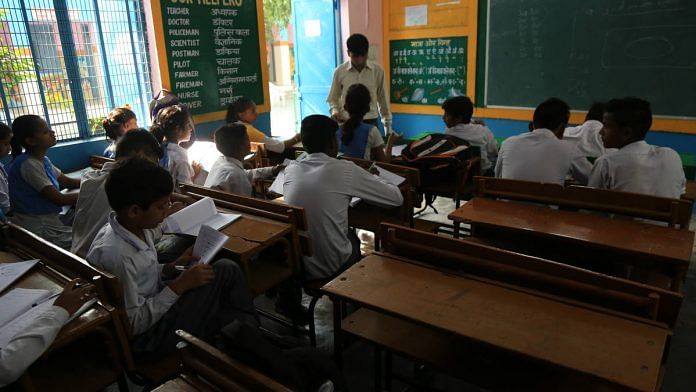Meritocracy has become a pervasive ideal that every country, company, and educational institution strives for. It is conceptualised as the idea where one’s social position is determined by their merit as opposed to lottery of birth. The term was coined by Michael Young in the book ‘The Rise of Meritocracy’ to refer to a dystopian world where merit is not the solution but only a replacement of previously existing divisions of social class. While early societies might be stratified according to the resources they are born with, in a meritocratic society the stratification he envisioned would be between the merited power-holding elite against the less merited lower class. If Young coined the term meritocracy as the combination of the words ‘merit’ and ‘autocracy’ to refer to a negative connotation, then how did it evolve into an ideal? How has this ideal fared over time?
One of the key arguments Young makes is that meritocracy would not remove power inequalities but would only shift power from autocratic exploiters to the resource-rich upper-class. Over the years, affluent parents have been able to make their children’s journeys to successful lives easier by passing on their meritocratic privileges in addition to extensive economic resources. The result, as argued by Pratap Bhanu Mehta, is an ‘alarming dystopia’. It has shifted the middle and the lower classes to the bottom even as the upper class moves up the ladder of social hierarchy.
Let me cite an example. The admission rates for a Ph.D program in India’s premier institutions like various Indian Institute of Technology across caste categories. While historically privileged upper castes have an acceptance rate of 4 per cent, the resources deprived lower castes like Other backward classes, Scheduled castes, and Scheduled tribes have acceptance rates of 2.7per cent , 2.16 per cent, and 2.2 per cent respectively. It indicates the glaring lack of students from marginalised communities in premier institutions.
Also read: Dominant castes can’t digest Dalit progress. It’s why they attack reservation with propaganda
Need for a different touchstone
Meritocracy puts too much emphasis on talent and hard work. If people from various social communities are not able to start from the same platform while competing for a certain position, they might not be able to make it, irrespective of the effort they put in. It indicates a severe lack of equality of opportunity that needs to be overcome to establish a level playing field in society. The wide gap between the haves and the have-nots is a nagging heckler which, if reduced, could greatly contribute to limiting the detrimental impacts of a meritocratic society.
The critics of meritocracy often fall short by just pointing out one of the shortcomings of this ideal which is the lack of equality of opportunity. They miss out on analysing the underlying implications of meritocracy. Even if we were to assume a world with complete equality of opportunity. would that society escape the dystopia that Young had envisioned?
In a recent book ‘The Tyranny of Merit’, Michael Sandel gives an insightful take on why equality of opportunity alone is not enough to escape this dystopia. Sandel concedes that meritocracy does acknowledge and credit the most talented and hard-working people. However, he also points out that there is a dark side of meritocracy wherein people who cannot climb up the social hierarchy ladder would be expected to blame themselves. Whereas, the people who would be able to climb this ladder would now look down on people who couldn’t achieve success. It would be perceived as if they couldn’t do so due to a lack of effort. This would create meritocratic hubris which will mean that the gaps that Young saw between meritocratic power-holding elites and low merited lower class will not vanish.
Ostensibly, meritocracy may be the ideal system because of the absence of a better alternative. However, as pointed out by Young and Sandel, it is not flawless. There is a dire need to devise alternatives that will contribute to establishing an egalitarian society. Otherwise, it would not take long for Young’s imagination to become a reality.
The author is a student at Ashoka University, Sonipat. Views are personal




